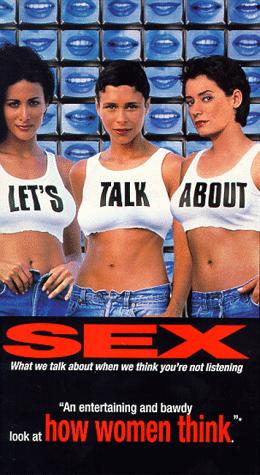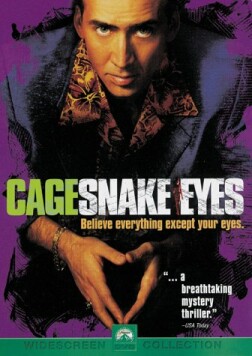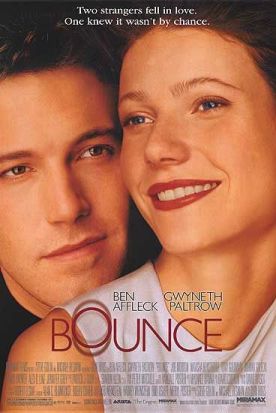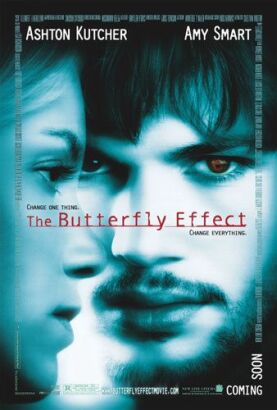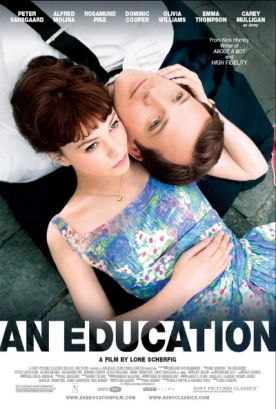Let’s Talk About Sex
Let’s Talk About Sex is written and directed by Troy Beyer, who also stars as Jazz, an agony aunt columnist in Miami who wants to be the host of a TV talk show called “Girl Talk.” Her getting the gig depends on her putting together a demo tape in only a few days, which starts us off in familiar territory. “I’ll never get it done by Tuesday,” she tells her two friends and roommates, Michelle (Paget Brewster) and Lena (Randi Ingerman). They tell her that they’ll help her and that between them they will get it done by Tuesday — besides, “girls always want to talk about stuff” and “we talk about sex all the time.” It will be easy. They’ll just stop people in the street and ask them about their sex lives. “Dating and mating in the nineties.” What they like and what they don’t. And, of course, all those they ask are more than happy to oblige. The basic story involves a rush to get the interviews and make a tape by Tuesday and then—catastrophe.
For some reason, this beginning reminded me of the kind of ridiculous plot devices you find in pornographic movies—crude contrivances designed only to provide the flimsiest of excuses for as many scenes of graphic copulation as possible. Nor is that this picture’s only resemblance to pornography. In fact, you could call it female pornography, for like pornography of the male-oriented type it is essentially a wish-fulfilment fantasy. But where porn directed at a male audience is heavy on the pictures and doesn’t get too far beyond grunts and moans when it comes to dialogue, here the dialogue is everything.
There are, it’s true, a few steamy scenes (though without much skin) and some smokey ones too, as these girls like to relax with a toke of marijuana, but most of it is giggly confession as the girls tell their secrets—what they like, what they don’t like—to the voyeuristic camera. In one, a succession of sexually experienced single women parade before the camera in order to demonstrate some exotic or merely idiosyncratic sexual technique to the three friends—who had, up until this point seemed pretty experienced themselves. But the real point of it all, and the place where the wish-fulfilment comes in, is that not only do the girls all get to bitch and bellyache to their heart’s content, but this orgy of vented feelings leads to each of the three main characters’ fixing what is wrong with her love-life.
There are occasional feminist asides, as when Jazz comments sadly on the issue of feminine self-esteem and the fact that “our confidence comes from a shopping bag” (“Better than from a guy” mutters Michelle), but what reforms and transforms them is merely talking about their feelings, Michelle learns to trust, not to be so hard and self protective when men try to get close to her, while Lena has to learn the opposite lesson, of self-esteem and how to tell the abusive men she seems to attract time after time to take a hike. Meanwhile Jazz and her perfect ex-fiancé, Michael (Joseph C. Phillips), are reunited when he discovers her secret sorrow. In every case it has been the talk, and the sisterly sharing of feelings, that has done these miraculous things. So of course what matters in the end is not, after all their frantic efforts to put together the talk show that Jazz thought was her dream. What matters is that, as one of the others tells her, “You changed all our lives forever.”
Chicks! They really love to believe that stuff.
Discover more from James Bowman
Subscribe to get the latest posts to your email.

